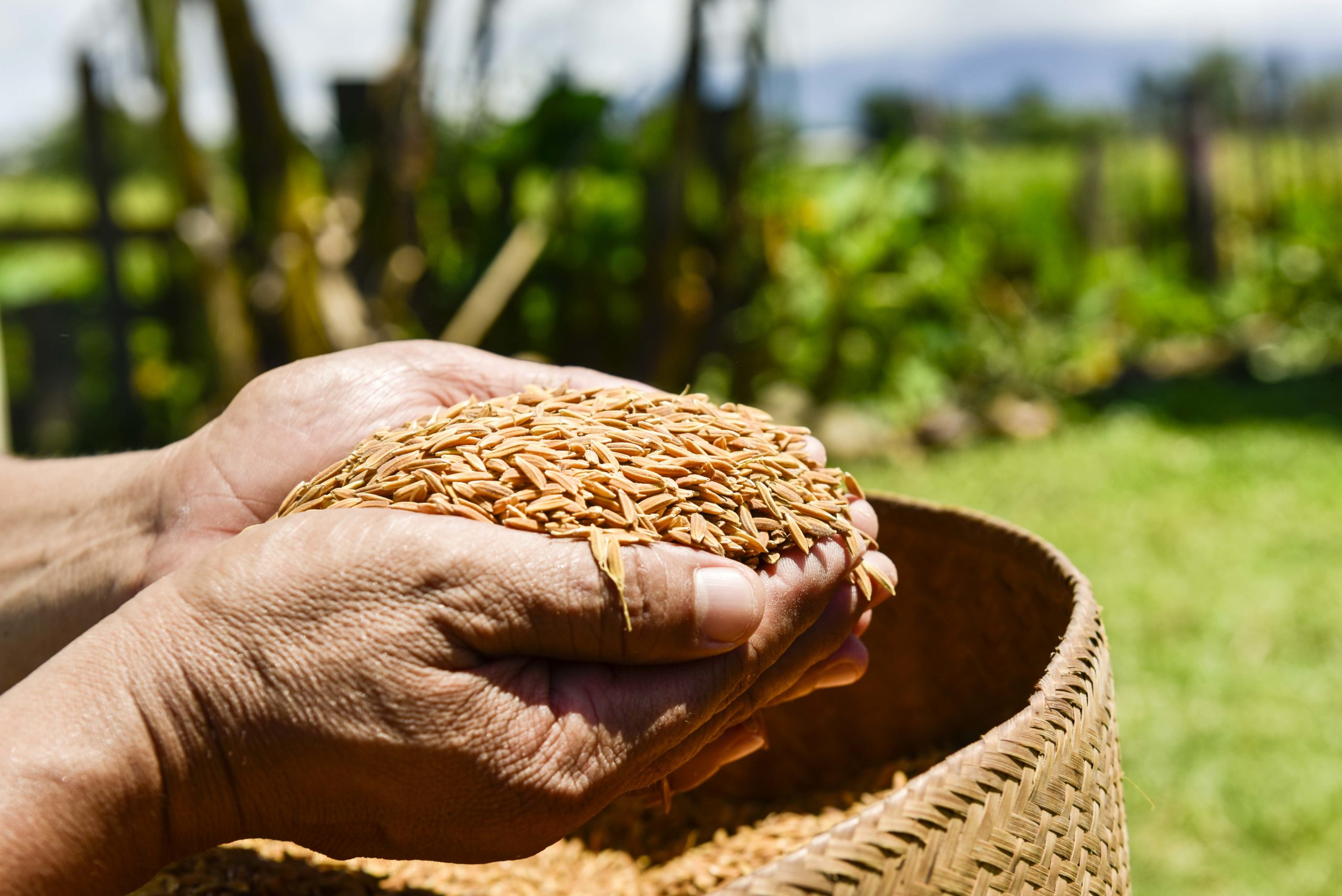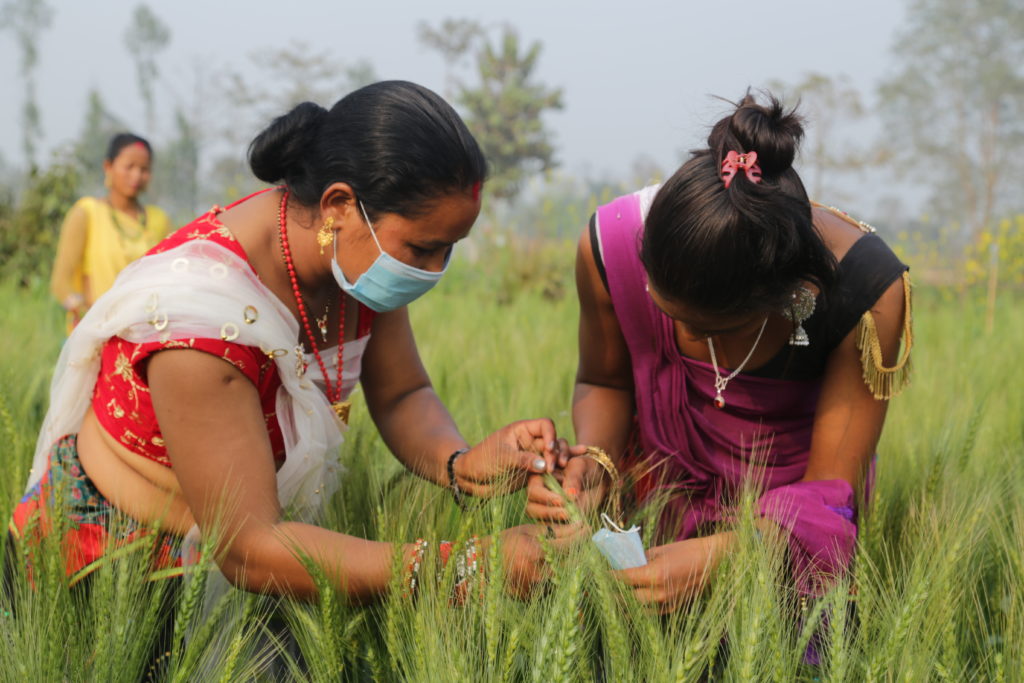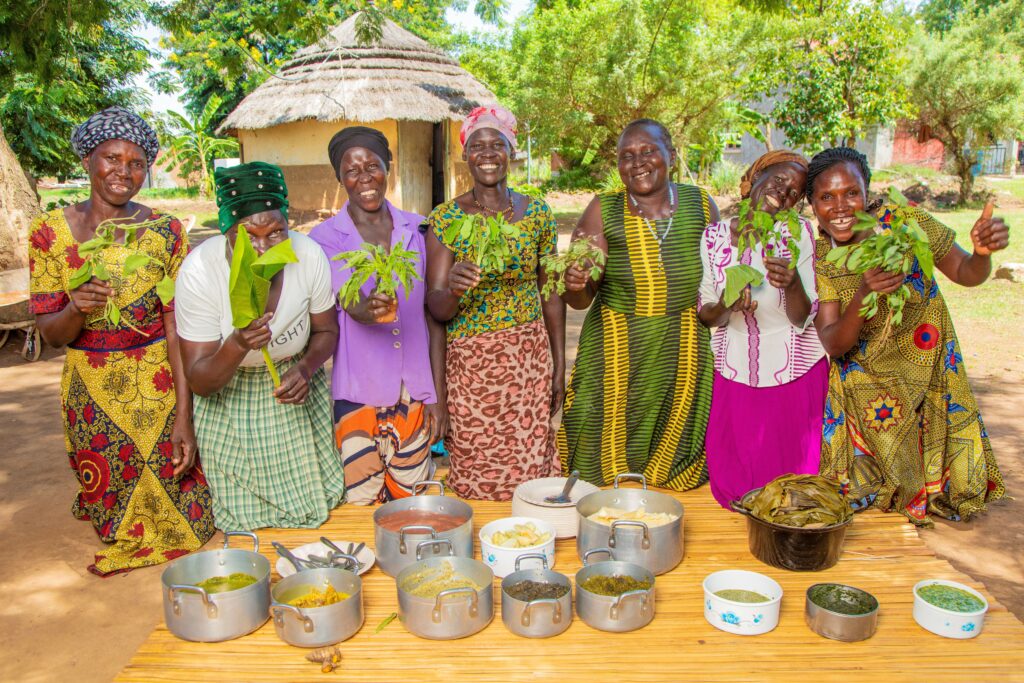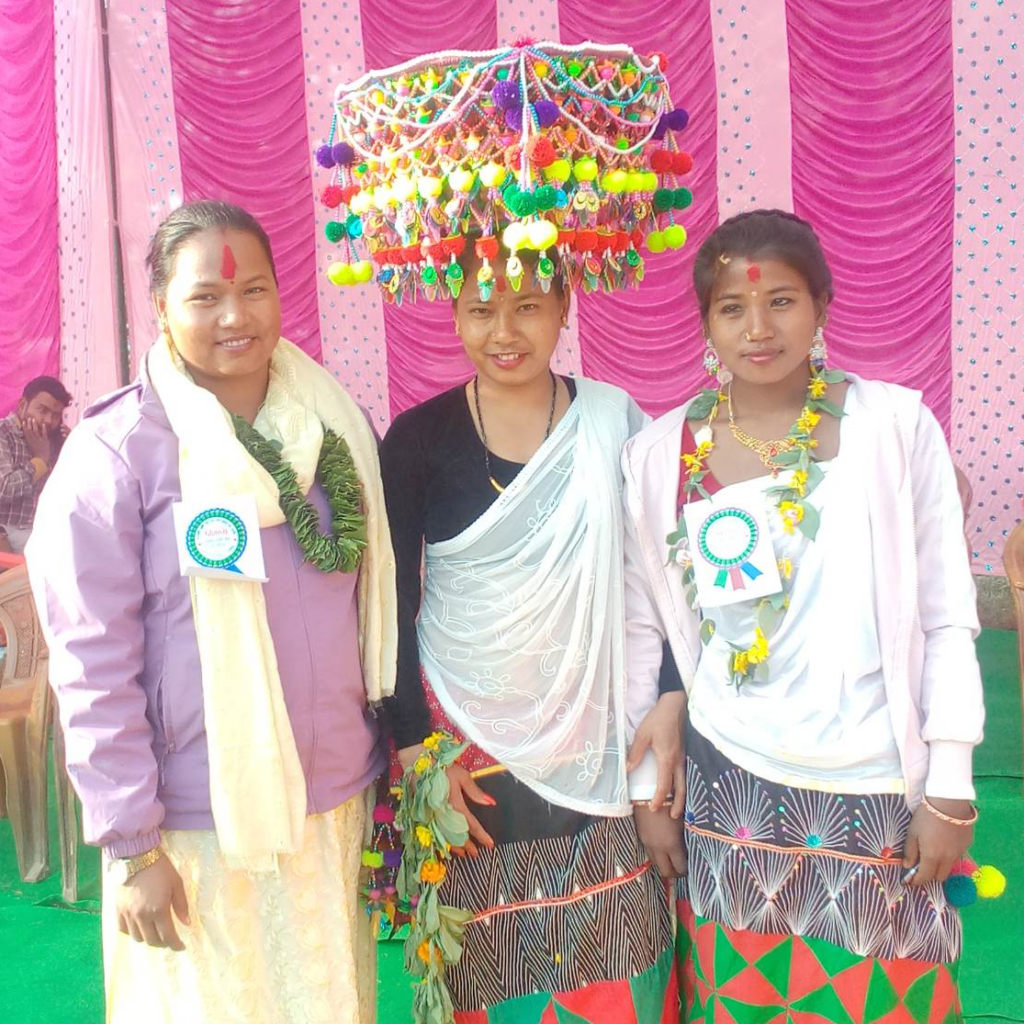After four years as project lead, Harrie Oostingh is leaving the Sowing Diversity = Harvesting Security team. Below is a farewell interview, where he shares his reflections and wishes for the SD=HS community.
“What makes this programme special is the people: men, women, youth fighting on a daily basis to improve their conditions and fighting injustice.“
1. How do you look back on your four years as a project lead of Sowing Diversity=Harvesting Security?
Oxfam Novib works on global campaigns, and this program ensures we keep our feet on the ground. We are in contact with so many people and communities, this gives us legitimacy to speak out. As Oxfam we do not speak on behalf of people; but we do speak on the basis of the experience we have. This makes SD=HS special. When we drew the vision for SD=HS, we said we wish to be part of a community, with the thousands of farmers organized in farmer field schools and community seed banks, the people form our partner organisations, NGOs and other actors. I find it incredible to be part of such a community, and it is a privilege to work with them.
“Another aspect that makes SD=HS special is that it seems to become more relevant by the day.“
- Climate change is recurring issue, and it will intensify. Farmers in farmer field schools are finding solutions to address climate change at their level.
- The pandemic is another crisis that showed how relevant this work is, how resilient farmers can absorb shocks. On a global level everything was halted, but many communities continued working and we were able to meet our objectives thanks to this.
- The Ukraine crisis, which shows how reliant we are on global, long and complex food chains. SD=HS, in turn, invests in local food chains and local knowledge.
2. What are some highlights of your time at SD=HS?
What always brings a lot of joy is to visit farmers in their fields. I have not had too many opportunities, but I do recall a visit to Zimbabwe in 2018 and to Peru in 2019. I feel honored to listen to a farmer explaining the crop he is working on, what he appreciates about this specific variety, and his plans: how he will carry out research by setting up trials and monitoring those. I am humbled by how much expertise and knowledge farmers have; and the authority with which they talk about their crops. It makes me proud to work with them.
In this work, you also see how people grow in their strengths. It was just incredible to see Margaret Masudio, who takes part in the SD=HS program, talking at the COP. It’s powerful that we are able to provide a platform to people like her, who have so much to say. And there are so many, we have 342 stories of change that each represent an individual who may not be at the COP but people who are a member of the council or were chosen as facilitators, elected politicians or became employees of partner organisations. Many of these stories are by women, who take this program as an opportunity to grow.
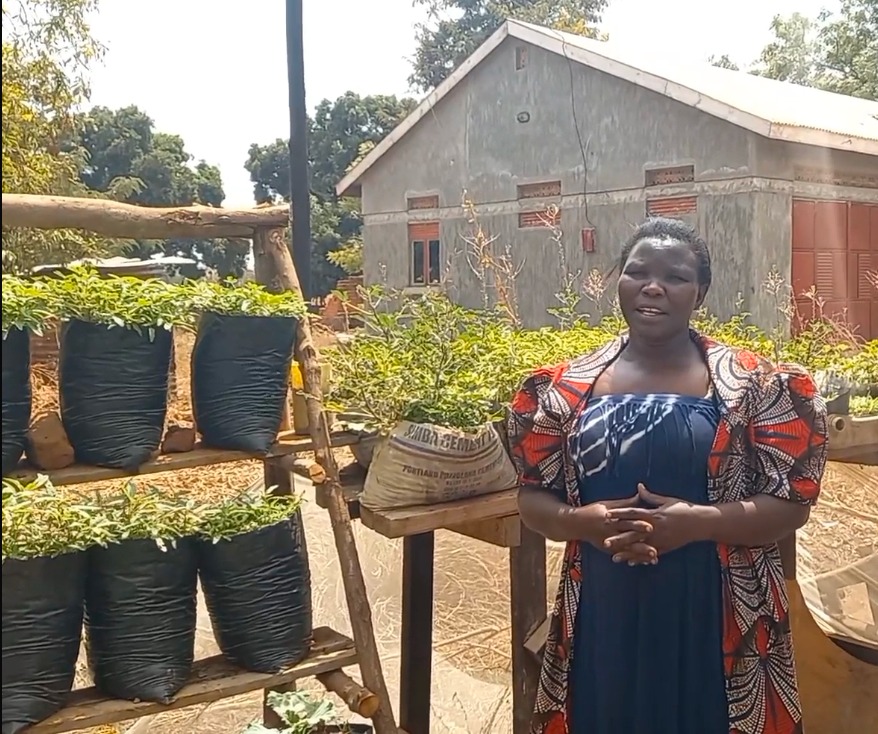
3. What do you take with you from SD=HS? Wisdom that you gathered along the way.

A sense of positivism. Agriculture contributes to CO2 emissions and is an important cause of biodiversity loss, but at the same time smallholder farmers can contribute a lot to their solutions. This program is about developing an alternative, to showcase that agriculture can have a positive impact. We can find solutions to the challenge we face in the current food system, basing ourselves on knowledge from farmers and in partnership with others. We have many examples where we are contributing to more diversity, in field and on people’s plates.
“My takeaway is this sense of optimism that we can change, together we have the knowledge and imagination to carry out change.“
4. What do you wish for the SD=HS community in the future?
I wish it would evolve into a community and a network of leading organizations finding solutions to the multiple crises we face. I always felt we stand between a project and a community, and I would love to see the SD=HS program as a community of farmers trying to find solutions. We have promoted exchanges and cross-learning between countries, and we have also talked of decentralization, which means a stronger role of partner organizations in the programme. I would love to see this happen in the future. I am happy with our team, the relations we built with partners, I think there is a solid foundation for my successor.
“I encourage everyone to think with us on growing this project into a community”
5. What are your plans?
I do not have concrete plans yet! I call myself a professional idealist who likes to work on social change. In my next endeavor, I would like to work more closely to the people that make a change, those fighting for social justice.

